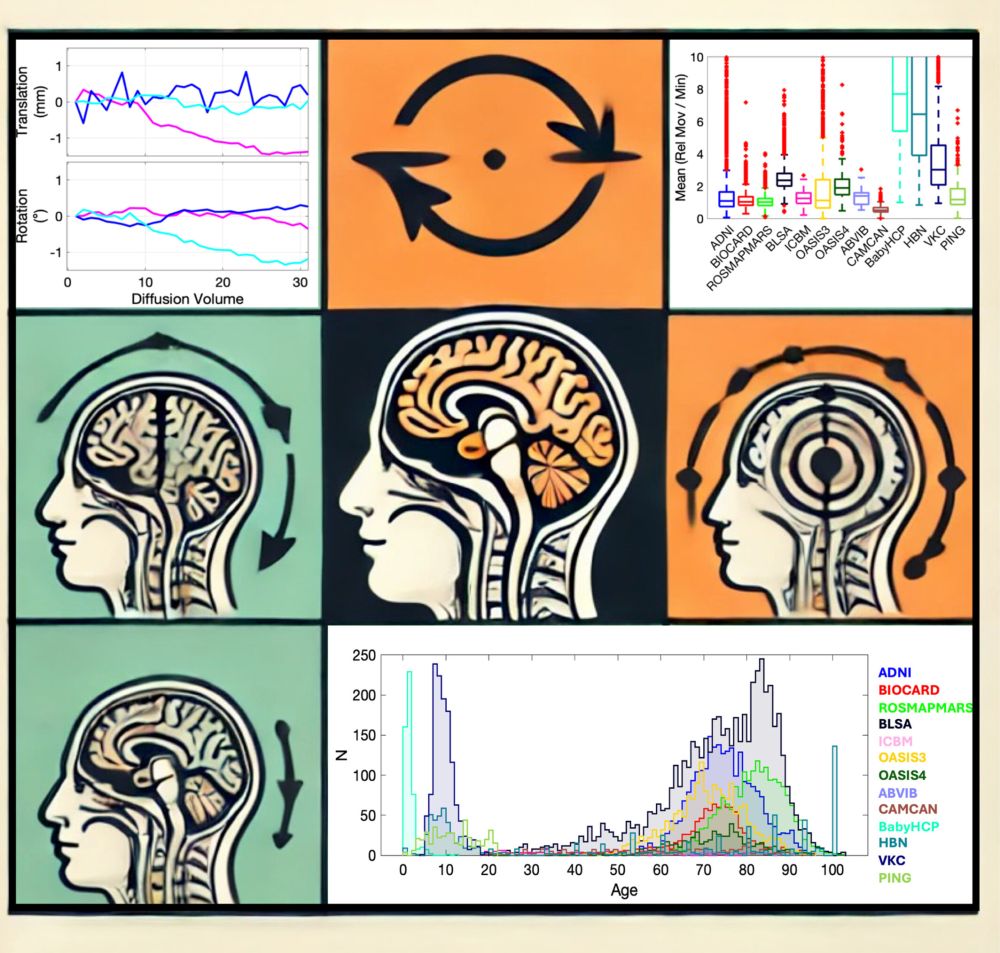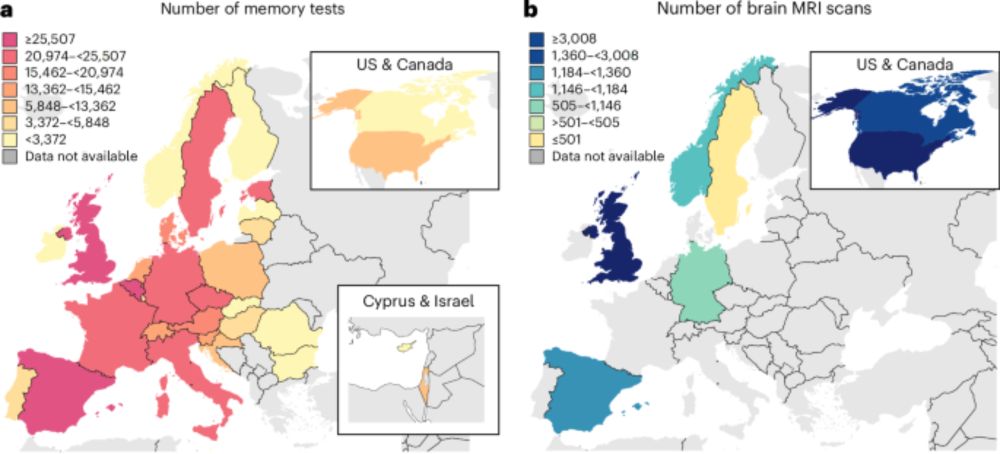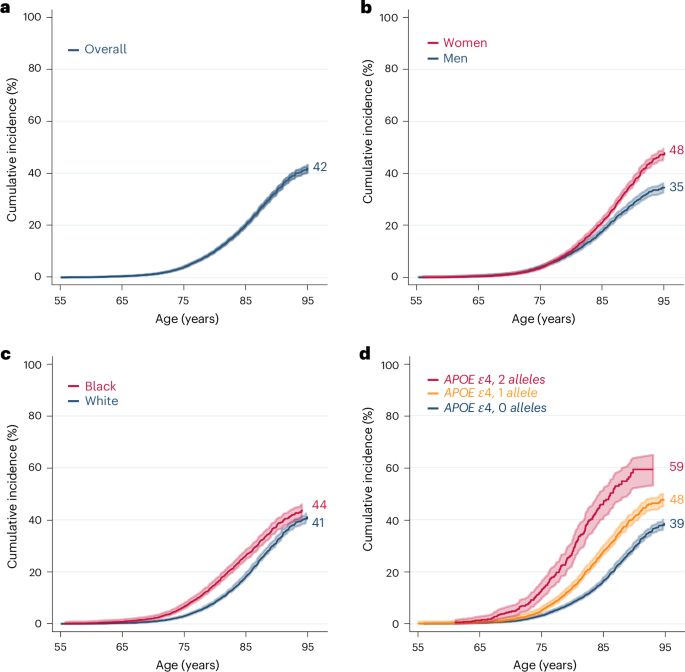Rongxiang (Catherine) Tang
@rongxiang.bsky.social
53 followers
48 following
8 posts
Assistant Professor @TAMU. Aging, Cognitive Control, Alzheimer's Disease, Non-pharmacological Interventions 🧠🍨🫖🍰. Views are my own.
Posts
Media
Videos
Starter Packs
Reposted by Rongxiang (Catherine) Tang
Reposted by Rongxiang (Catherine) Tang
Reposted by Rongxiang (Catherine) Tang
Reposted by Rongxiang (Catherine) Tang
Eiko Fried
@eikofried.bsky.social
· Mar 12
Reposted by Rongxiang (Catherine) Tang
Reposted by Rongxiang (Catherine) Tang
Matt Cieslak
@cieslakmatt.bsky.social
· Feb 13

Head Motion in Diffusion Magnetic Resonance Imaging: Quantification, Mitigation, and Structural Associations in Large, Cross‐Sectional Datasets Across the Lifespan
We characterized motion during diffusion MRI scans across 16,995 image sessions and find that (1) modern preprocessing pipelines effectively mitigate motion to the point where biases are not detectab....
onlinelibrary.wiley.com
Reposted by Rongxiang (Catherine) Tang
Jenny Crawford
@jlcrawford.bsky.social
· Jan 29
Reposted by Rongxiang (Catherine) Tang
VETSA
@vetsa.bsky.social
· Dec 6

Cortical Surface Area Profile Mediates Effects of Childhood Disadvantage on Later-Life General Cognitive Ability
AbstractObjectives. Childhood disadvantage is associated with lower general cognitive ability (GCA) and brain structural differences in midlife and older a
academic.oup.com






